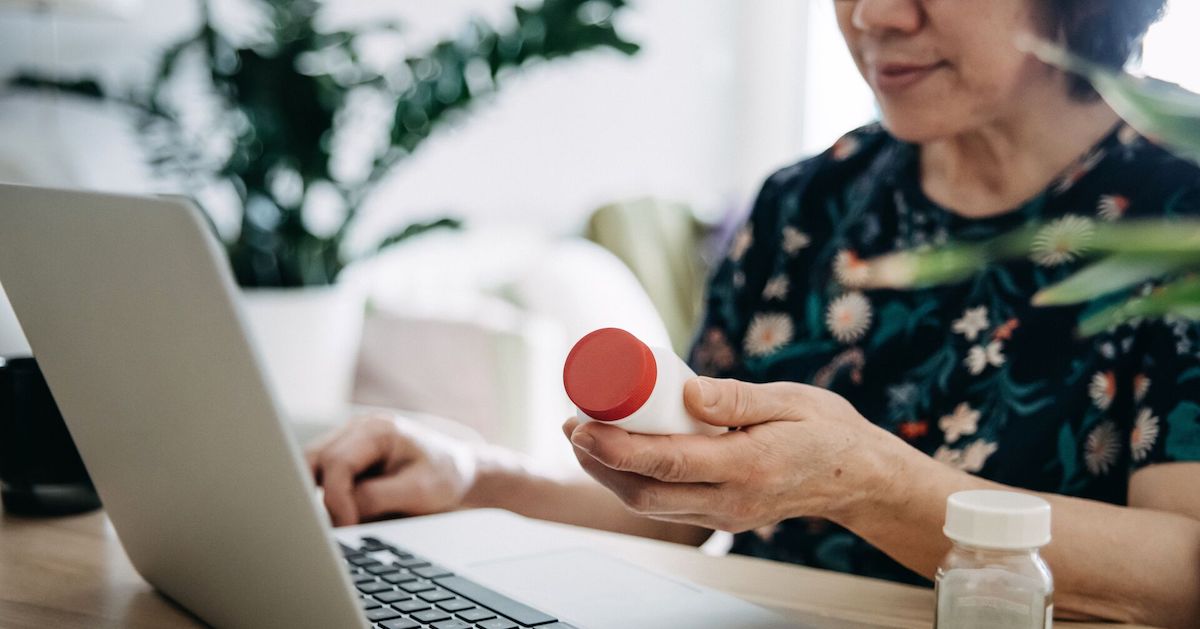
The accuracy of pulse oximetry readings on individuals with darker skin tones has been questioned by researchers. The FDA addressed the issue at a meeting last year, citing real-world studies showing the potential for misdiagnosis or delays in treatment due to poor readings.
Neil Friedman, founder and chief operating officer of Bodimetrics, sat down with MobiHealthNews to discuss the company’s circul pro Ring, which Friedman says increases the accuracy of oxygen saturation level readings among individuals with darker pigmentation thanks to its snug design.
MobiHealthNews: Bodimetrics received FDA 510(k) clearance for its ring in August. What are your plans moving forward?
Neil Friedman: What I’m going to do now is I’m going to get the word out to everybody within the healthcare industry. We are all concerned about healthcare inequity, and the key thing that occurred in our approval from the FDA really explains it. In the device description page, it says, “The circul pro Ring features a spring mechanism, and the elastic structure of the embedded sensor and inner arch of the ring are ergonomically shaped to offer a snug fit, preventing it from slipping off the finger, stabilizing the sensor on the ‘belly’ of the finger, and minimizing twisting of the ring on the wearer’s finger. This also helps to reduce the likelihood of poor SpO2 readings in patients with darker skin pigments.”
The key to our ring and our approval is our form factor. Because the ring is like, has like a half moon, you might say, up here, and then it expands and contracts. So that’s the stabilization that they’re talking about. And it’s on the arm side of the hand, not the pigmented side of the hand. But really, what they’re really talking about, whenever I frankly ever got on the phone and was talking to a customer, one of the things that I would distinguish would be the two types of bases, if I could say that to you, it would be what I call the healthy base, which are the people that wear the Fitbits, the Ouras…
Whereas we’re on the health side, the medical metrics side. And what the FDA said, which is based on our patent, is that in order to get medical metrics, you need to stabilize the ring or the device, whether it be a ring or a wearable, so that if they’re moving, they’re just not going to be accurate. There’s nothing wrong with that. I’m not saying there’s anything wrong, but don’t use those devices in medical decisions.
MHN: How can the circul ring be used in medical decisions?
Friedman: First, all we’re providing is information. The doctor is going to create the decision. Okay. So we’re not diagnosing, so I want everybody to be aware of that. Okay, but we’re providing accurate numbers, and we’re providing accurate numbers for an additional 40% of the population that, unfortunately, has been discriminated against. We can go into the whole discrimination thing, right? But has been discriminated against for the last 40 years, because it’s been known for 40 years that oximetry has this problem.
So there’s a real problem here. So, we’re trying to address it to work with people. I’m not trying to frighten people. I want to work with people to get these devices into the hands of everybody. Because, still today, you know, somebody has COPD, and they’re using a fingertip oximeter, and they’re of color, those numbers are wrong. So I’m just trying to reach out to people to make everyone aware that we have a solution, and the solution is the stable, and it’s based on our form factor. That’s really what it’s based on.
MHN: The last time we spoke, you mentioned you would start a study at the VA.
Friedman: We were approved on the 29th of August. In mid-August, the Mayo Clinic published a peer-reviewed study that stated that we did not have a pigmentation problem in pulse oximetry. The Mayo Clinic did two things. One, they, of course, printed the study. And then, they interviewed Dr. Meier Kryger, who is our chief scientific adviser from Yale.
We’re working with the VA in the area of spinal cord problems. Additionally, we’re working with the VA through the DOD on the burn pit problem.
And the burn pit problem is horrible. You know, all of our soldiers from Vietnam, which was Agent Orange, but if we go a little bit closer to your age, if I could say it to you that way, from the Afghanistan war to the Iraq war to could [be] the Kuwaiti war, you know, we cleared those areas. All those men have potential respiratory problems, and what the circul ring is being used for right now is as a screening device for those men and women.
We’re actually working with the Northwell Hospital in New York that has like a VA extension and the Kansas City VA. In the area of the spinal cord problems, we’re working with the Cleveland VA, the St. Louis VA, and I’ve been informed now that both the Bronx VA and the Minnesota VA are coming on board, too.
MHN: What do you hope to do with the circul ring in the future?
Friedman: You know, my biggest goal is to help people of color. I’ve been involved in the black community for a very, very long time before I got involved in this business. And it’s not just black. It’s all people of color. And I really want to help, and as we’re talking people are being misdiagnosed. It’s terrible. And I, you know, everybody talks about the concerns about health care and equity. Okay. Now, there’s a solution. It’s time to go from talking to fixing.
So I’ll make this mini announcement with you. Everybody’s always asked us, why don’t you enter the consumer market? So here we are.
MHN: You are making your way into the consumer market?
Friedman: It’s coming out in January of 2024. Okay. And frankly, now we’ll be able to give that group of people, that healthy group, a circul ring that is accurate. So we will really be quite disturbing to that segment of the world, because we’ll be stabilizing the ring when everybody else is moving.



